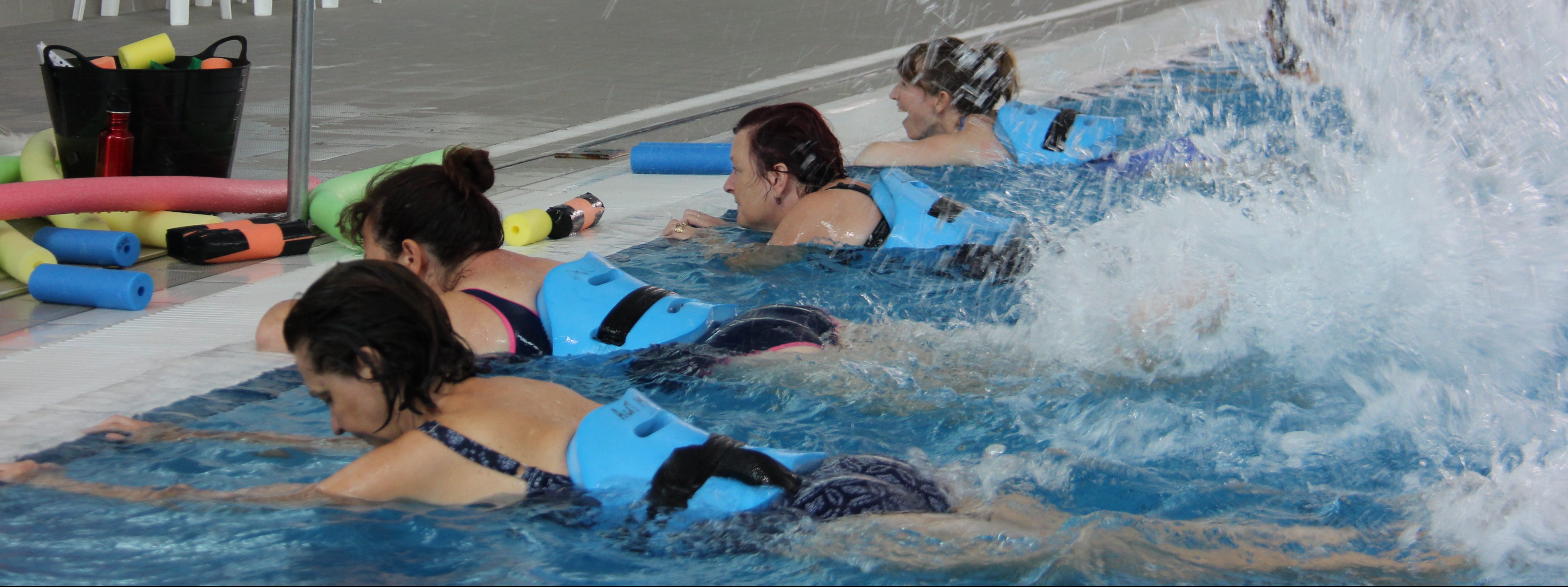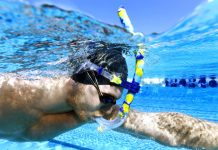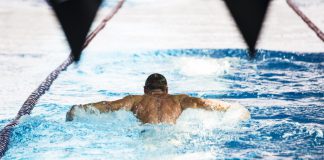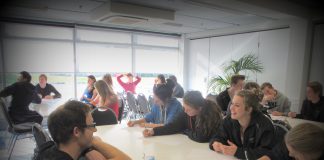Carrying groceries, getting in and out of cars, and even walking are everyday tasks taken for granted by most people. But for those living with Multiple Sclerosis, common symptoms including muscle weakness, loss of balance, sensitivity to heat, and a lack of coordination can make simple activities extremely difficult. “For some people it’s a case of being able to function pretty well, but they’re really affected by fatigue, so they get tired quickly,” tells physiotherapist Janine Manga. “Fatigue is a huge symptom. People are impacted quite differently depending on whereabouts in the nervous system they’ve been affected, how long they’ve had it, and the severity.” No two people with Multiple Sclerosis experience it in the same way.
What is Multiple Sclerosis?
Multiple Sclerosis, often called ‘MS’, is an autoimmune disease of the central nervous system, which is responsible for our conscious and unconscious body functions. The term multiple sclerosis refers to multiple areas of scarring (sclerosis) on the myelin that covers our nerve fibres and acts like the coating around electrical cords. “MS is a condition where there’s demyelination of nerve fibres,” Janine explains. “So what that means is it’s difficult for the nerves to conduct impulses.” These impulses direct body movement as well as the response to sensations such as sight, touch and hearing.
While the cause of MS is still unknown, the disease is generally more common further from the equator. This intriguing environmental feature sees higher rates of MS in areas such as New Zealand, Canada, and Northern Europe. Within New Zealand, the prevalence of MS in the South Island is approximately twice that in the upper half of the North Island. About one in every thousand Kiwis has MS, with women and people of European descent being more susceptible. Diagnosis is most common in young adults, with symptoms usually appearing between the ages of 20 and 50. Currently there is no cure for MS, but it is possible to manage its symptoms with medication and physical therapy.
Managing MS with hydrotherapy
With 14 years of physiotherapy experience and specialising in neurological rehabilitation, Janine runs weekly hydrotherapy sessions for those with MS at AUT Millennium’s National Aquatic Centre. Janine’s practice, Neuro Rehab Results, is one of three clinics contracted by Multiple Sclerosis Auckland to deliver hydrotherapy classes across the Auckland region. “Towards the end of 2017, we put in a tender and we got the contract to lead the Albany group,” says Janine. “I’ve got quite an interest in hydrotherapy and I’ve done some courses in hydro, so Suzie Mudge, our Director, asked if I’d be interested in running the class.” The Wednesday session at AUT Millennium is the only MS hydrotherapy class servicing the North Shore, and attracts a core group each week.
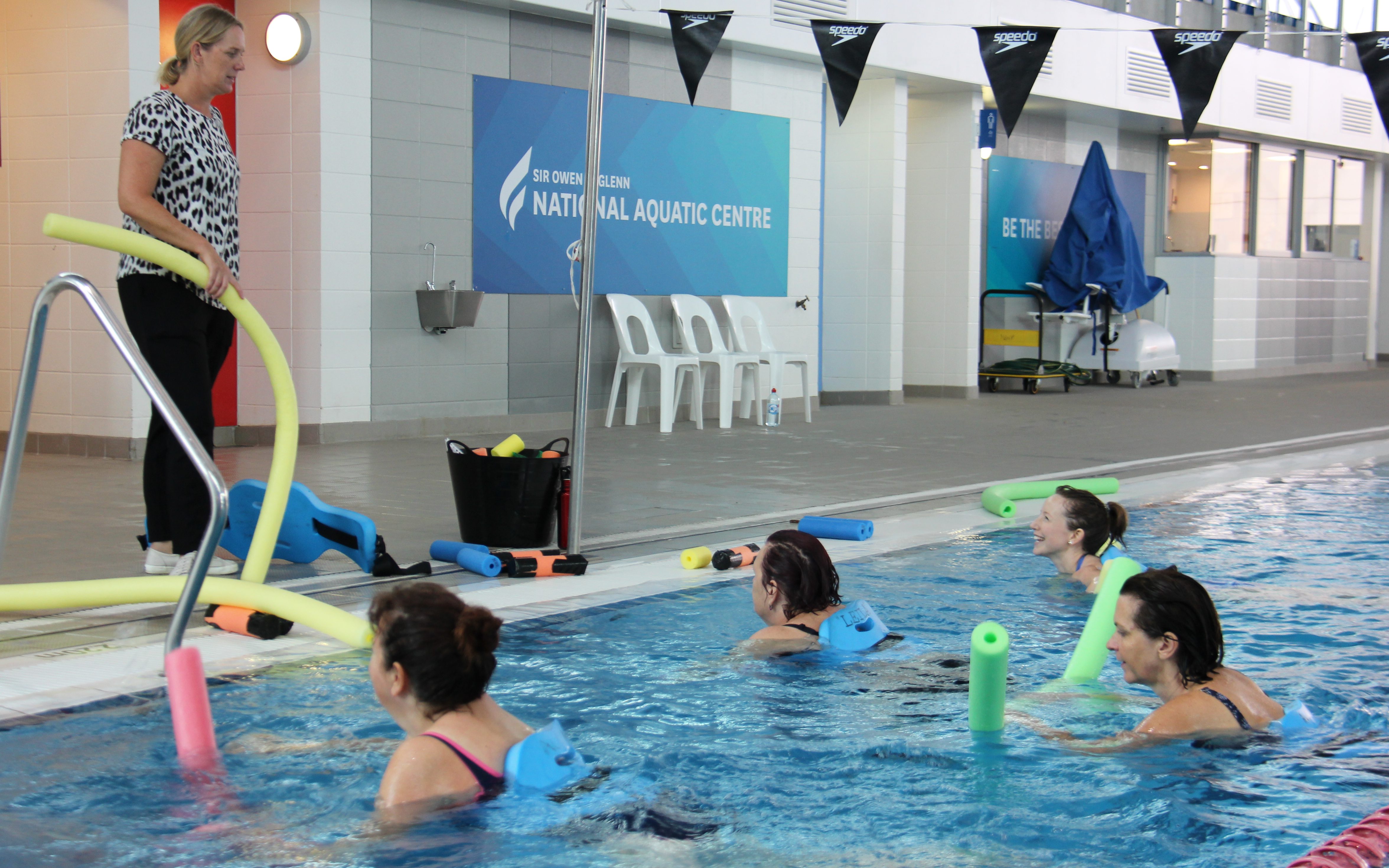
When asked to summarise hydrotherapy, Janine responds, “The simple answer is exercising in water. The class that we run here, it’s not just swimming or water walking.” Many people with MS who have lost their strength can find it really difficult to exercise on land. “But when they hop in the water, they can move more freely, they’re not worried about falling over, and balance isn’t a problem,” tells Janine. “So a lot of people find they can actually exercise in the water. For some, it’s a matter of being able to move their limbs through a full range of motion. On land they might be quite limited as to how much they can do, but when they hop in the pool they can really move their whole body.”
Hydrotherapy at the National Aquatic Centre
MS Auckland arranges volunteers from the area to assist Janine at each hydrotherapy session. “We have quite a few volunteers, maybe six or seven different ones at this pool, and they’re on a roster.” Usually there are two in the pool per class. “They’re fantastic,” Janine acclaims. “They get in the water, help with equipment, and help getting people in and out of the pool when needed.” An honourable mention also goes to the National Aquatic Centre. “It’s great here because some people find it hard to get in and out of the pool if they’re quite severely affected. But here they’ve got the hoist to assist. And the lifeguards are awesome. They’re always really friendly. We haven’t needed them yet, touch wood!”
Classes typically involve a combination of strength and cardiovascular exercises. Due to the National Aquatic Centre’s Main Pool being over two metres deep, members of the group wear buoyancy belts to aid floatation. “Some of the high functioning group members, they don’t wear a belt. They can swim really well and are very confident in the water.” Janine likes to start the sessions with a warm up before moving into exercises for upper and lower limbs. “We use things like pool noodles and my own little cut up noodles for strength, they’re like dumbbells. We use flutter boards, all kinds of things.” Each class is carefully planned keeping the needs of those with MS in mind. “I mix it up with a bit of strength and then some cardio exercises to try and get people’s heart-rates up. I also do some core exercises to help with balance when they are out of water and a bit of stretching as well.”
Benefits of hydrotherapy
The properties of hydrotherapy provide numerous advantages for those with MS. “The benefits for people are that they don’t have to try and balance or exercise on land,” explains Janine. One of the key aspects is buoyancy, which reduces body weight and alleviates pressure on joints. Because balance is no longer a factor, group members can exercise without the fear of falling. Working against the resistance provided by the water helps with strength training, while the temperature of the water can make exercising more comfortable for those who are sensitive to heat. “Just the mere fact that they’re exercising, it not only helps physically, it can help with your psychological state of mind,” says Janine.
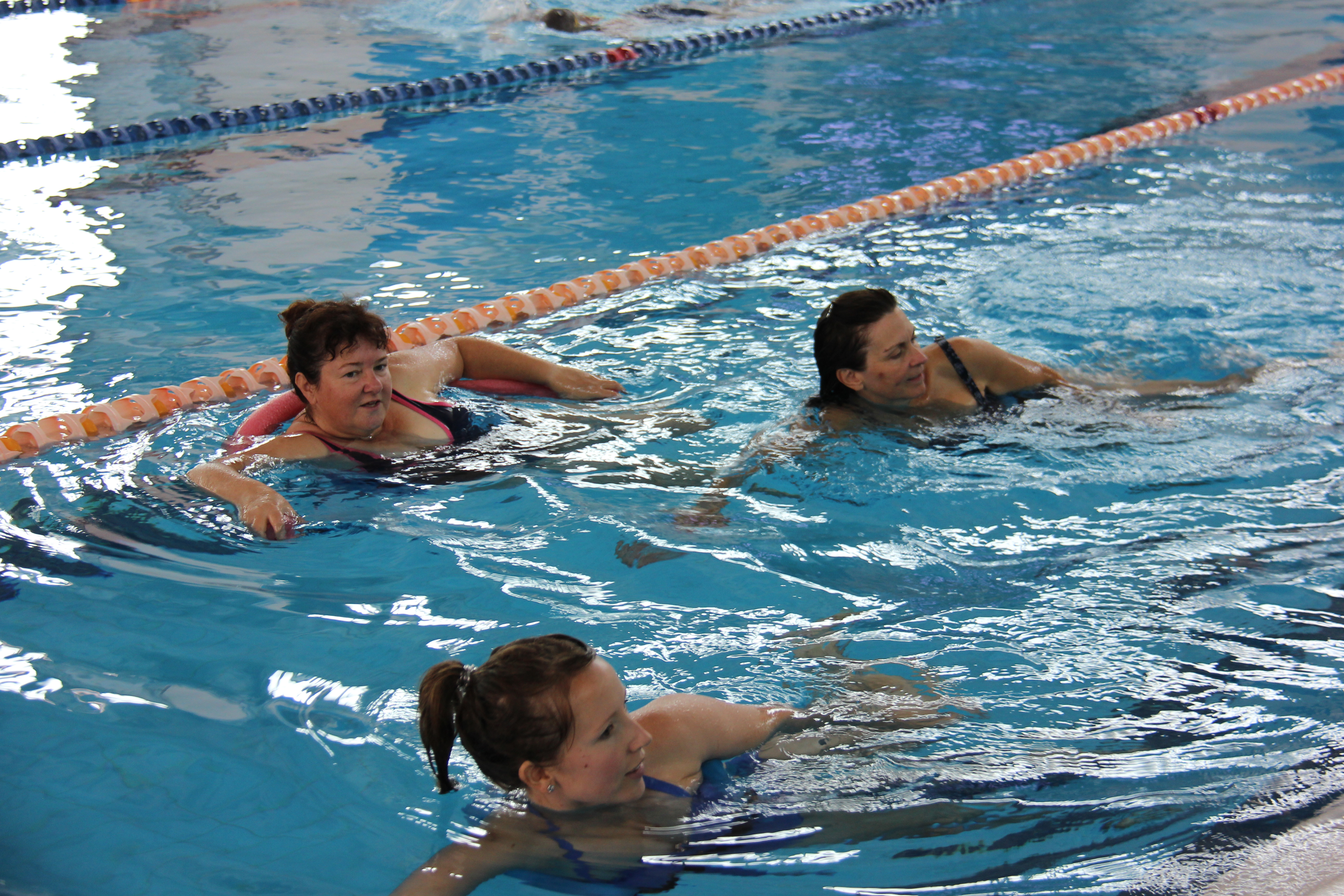
Despite the health and wellbeing benefits, Janine cites social interaction as one of the major drawcards for the group. “For the hydro class we run here, the social side of it is quite a big factor. They get along really well and it’s a chance to talk about having MS with people who understand.” While there are support services and resources available for those with MS, Janine acknowledges “Family members and health professionals know about the symptoms, but we don’t what it’s like to have the symptoms.” The solidarity is a big component. “They seem to have a lot of fun as well!”
How to get involved
People with MS who are keen to try hydrotherapy at AUT Millennium are advised to contact MS Auckland directly. “MS Auckland has field workers who get in touch with people in their area,” says Janine. The private and confidential field worker service aims to provide information and education to people with MS, their families, carers, friends and employers. They also offer support, advice and referrals related to MS.
Following a referral, Neuro Rehab Results will run a free 30 minute screening assessment. “It gives us a chance to meet the person, talk about their medical background, see where they’re at, and check what their goals are,” Janine tells. “It’s also a brief physical assessment to check their strength, balance, and coordination. That gives me some idea of what to expect when that person is in the pool” she says. “It’s just a nice chance to meet them and talk about any questions they might have about hydrotherapy and what to expect.”
Janine encourages anyone with MS to consider joining the hydrotherapy group. “At this stage we have plenty of capacity to up the numbers and it would be really awesome to have more people benefitting.”
To find out more about Multiple Sclerosis and the hydrotherapy group, visit MS Auckland’s website: www.msakl.org.nz
For more information on Janine’s clinic and their neurological rehabilitation services, check out: www.neurorehab.co.nz

























